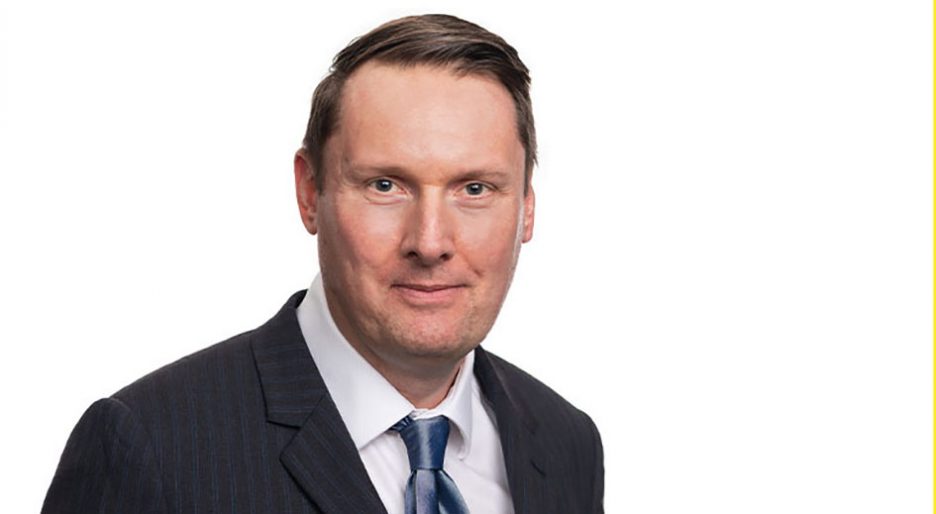The British Columbia Institute of Technology (BCIT) has appointed Dr. Matthew Smith as the director of the Centre for Welding Technologies and Metallurgy Research in the School of Construction and the Environment (SOCE).
The position is is a collaboration between Seaspan Shipyards (Seaspan) and BCIT to enhance BC-based industrial research capabilities in advanced welding and metallurgy—two of the most foundational and critical areas of marine manufacturing—with the opportunity to expand and provide knowledge outside the immediate marine sector.
Over the span of five years, Seaspan has agreed to invest $1.65M to fund the new research director and centre of expertise managed by industry professionals and associated research equipment and materials. This investment with BCIT is part of Seaspan’s Value Proposition commitment under the National Shipbuilding Strategy (NSS).
“The Seaspan-funded research director in Welding Technology and Metallurgy at BCIT is a fabulous collaboration between industry and post-secondary that will advance the state of practice in welding technology for the broader good of the marine sector as well as help to develop a marine-centric highly skilled workforce,” says Wayne Hand, dean, BCIT School of Construction and the Environment.
Smith brings more than 15 years of practical experience to this newly created role in the field of welding engineering, welding inspection, and non-destructive testing. He is certified with the Canadian Welding Bureau (CWB) and has extensive experience in implementing welding programs including the qualification of welders and welding procedures to Canadian, American, and international standards. He has worked across a wide variety of industrial sectors including aerospace, marine, defence, oils & gas, construction, power generation, and material handling.
Smith, a registered professional engineer in B.C., aims to develop several educational programs to promote understanding of the science behind welding and metallurgy with a sharp focus on practical applications. His first objective is to develop new programming which will provide students with the hands-on education needed to begin a career in welding quality control.










